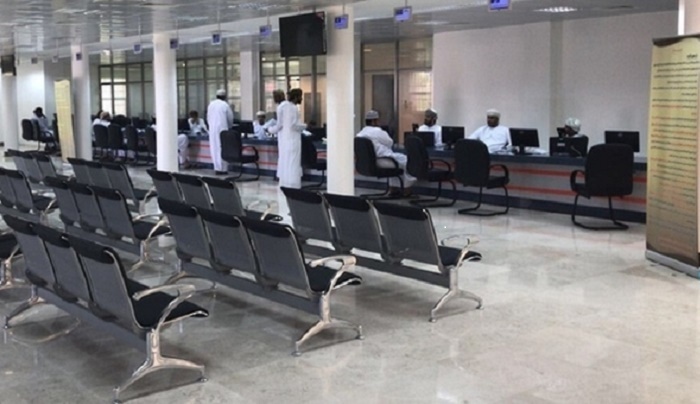
Muscat: Businessmen and working professionals have welcomed the decision to introduce flexible working hours for government employees in Oman as they feel it will lead to efficiency and better work-life balance.
Starting from today, Sunday, 15 May, employees in the state’s administrative set-up must work for seven hours from the time they sign in, anytime between 7:30am and 4:30 pm. Each government body can decide the schedule of its departments and calculate its employees’ attendance from the time they sign in until they sign out.
The flexible duty system was announced in a decision by the Ministry of Labour pursuant to the Royal directives of His Majesty Sultan Haitham bin Tarik, and is applicable to those government agencies to which the Civil Service Law is applicable.
“There are times when I need certain documents signed, but am not able to go to the ministry in the mornings,” said Saeed, an Omani businessman. “Afternoons work better, but at that time, the ministries are normally shut. With this new flexi time, it makes it easier and more convenient for us to get work done, especially when it comes to urgent situations.”
“Often times, there are long queues and crowds of people at the ministries, because they are open only during certain hours, and there are many people who need to get their work done,” added Ahmed, an HR manager for a firm.
“With the ministries now open a bit longer, it gives us a bit more breathing room when it comes to approaching them when needed.”
The units that provide direct services to the public have to announce the time designated for their services, provided the time allocated is not less than 7 hours a day. Each unit must coordinate with its employees to regulate the work flow.
Duty schedules should ensure the quality of services and factor in existing commitments such as workshops, meetings and training programmes.
“I am required to drop my children to school in the morning, which sometimes makes it difficult for me to be at work by 7:30,” said an employee working in the government sector. “Now, however, there is a bit more peace of mind, thanks to the flexible timings.”
Daily duty schedules should cover the official duty hours suitable for tasks of a special nature at the Units of the State’s Administrative Apparatus, in accordance with decisions issued under Article 61 of the Civil Service Law promulgated by Royal Decree No. 120/2004.
The above units have to provide regular assessment reports to the Ministry of Labour about the application of the flexible duty system after the first six months of its implementation, citing its general effects and its economic, administrative and procedural impact on the employees.